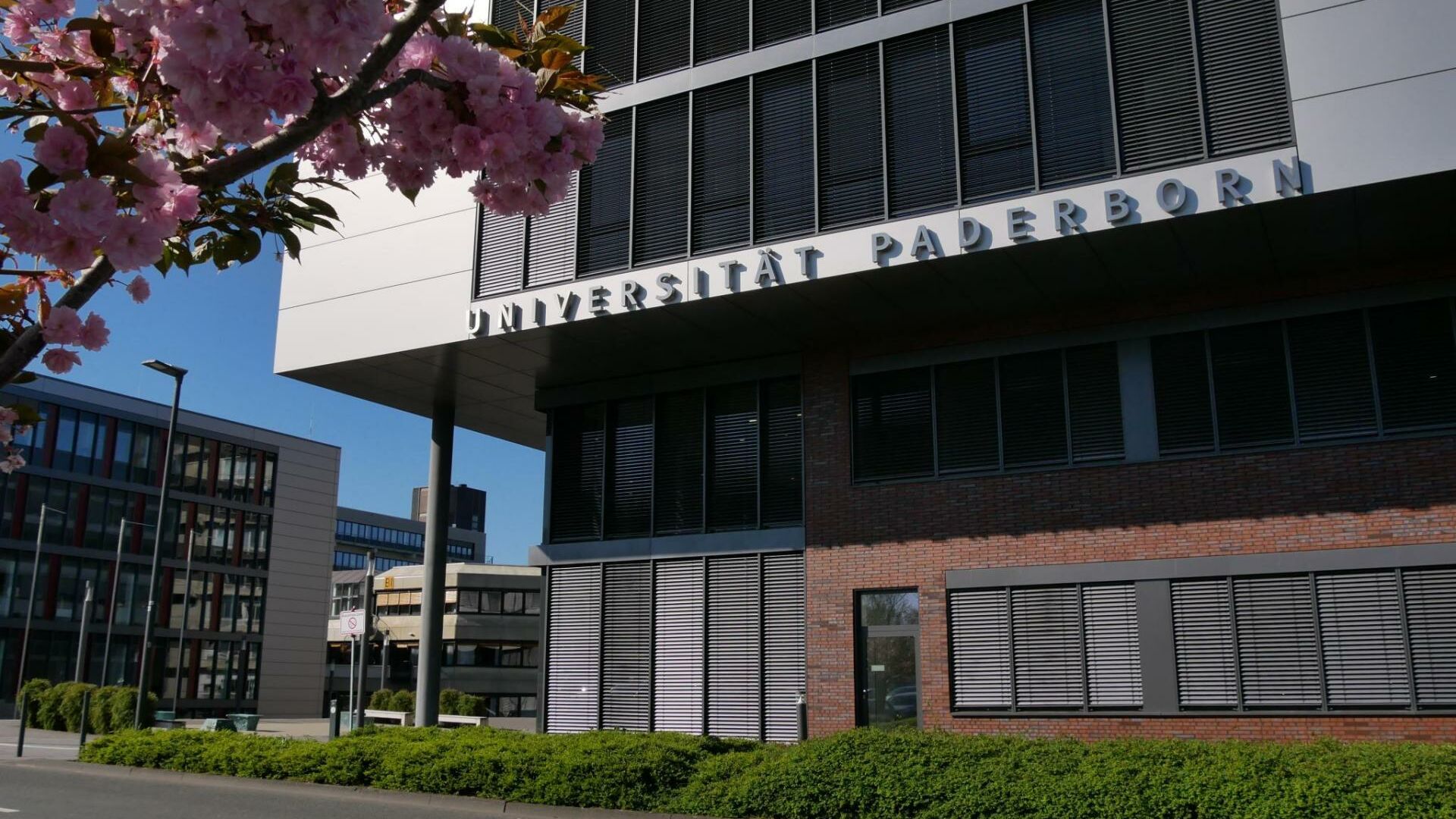Research funding from the state ministries
The NRW state government offers various funding programmes, primarily via the Ministry of Culture and Science(MKW) and the Ministry of Economic Affairs, Industry, Climate Protection and Energy(MWIKE). An overview of all current calls for proposals and the respective funding conditions can be found on the ministries' websites. Please note that most of the state ministries' funding programmes require a personal contribution.
Note
Many applications from the state ministries require a legally binding signature as early as the project outline phase. Please contact us in good time, i.e. at least 10 working days before the planned submission. Please note that the necessary coordination and clarification processes take at least one week.
Glossary
In many programmes of the state ministries, the funding quota is not 100% so that a certain, usually ten percent share of the total funding amount applied for must be borne by the applicant. Before submitting an application, it must therefore be clarified how the own contribution can be financed. As a rule, this is done using free funds from the applicant's group/professorship/department.
Many programmes of the state ministries require proof or an application to participate in electronic document retention and archiving as well as time recording. At UPB, electronic document storage and archiving as well as time recording are currently not possible, which is why no proof can be provided and no application for participation can be submitted. If you require proof/application for participation for your application, please contact the Research Department in good time.
In some programmes of the state ministries (e.g. profiling), only one application can be submitted per institution; in these cases, an internal pre-selection takes place. Dates for pre-selections will be announced. If the funding programme of your choice only allows one application per institution, please pay attention to internal announcements or contact the research department.
In collaborative projects, the cooperation between the project partners must be regulated by a cooperation agreement. Depending on the funding programme, cooperation agreements must be prepared and signed at different times. Cooperation agreements are usually prepared by the consortium management. Please contact the legal advisors of Department 2.2 (Faculties EIM, KW: Ms Caterina Scheiing, caterina.scheiing@zv.uni-paderborn.de,-2851; Faculties MB, NW, WiWi: Ms Christina Nolte, christina.nolte@zv.uni-paderborn.de, -2520) at an early stage.
Only a few funding lines of the state ministries grant a project lump sum; in individual cases, this can be found in the funding guidelines. At UPB, the lump sum is collected centrally by the university. As compensation, the project leaders receive a research premium from budget funds amounting to 40% of the original lump sum.
Cross-cutting issues are becoming increasingly important in the preparation and assessment of funding applications. These include equal opportunities, diversity and family friendliness, internationality, career advancement, research data management and sustainability. We support you in this and act as an interface to other service areas of the university.
As a rule, project applications must be signed with a legally binding signature. For UPB, the Vice President for Human Resources, Mrs Probst, is responsible for this. Please contact us in good time, i.e. at least 10 days before the planned submission. Please note that the necessary coordination and clarification processes take at least one week.
If no lump sums for travel expenses are specified, the travel expenses should be made up of travel and accommodation costs, daily allowances and conference fees. When travelling abroad, please use country-specific hotel costs and daily allowances from the following list as a basis.
The service of the Research Unit
Our service for your application includes
- Feedback on the structure and persuasiveness of your proposal from a non-technical perspective
- Feedback with regard to suitability and consistency with the guidelines
- Advice on financial planning
- Advice on cross-cutting issues
- Coordination with the university management and other relevant university departments
- Support in the preparation of any necessary university statements
Contact persons
Dr. Daniela Hartmann - B2.229, 60 - 4560
Dr. Anna Reinacher - A3.242, 60 - 2078
Dr. Juliane Theiß - B2.229, 60 - 4467
Jutta Deppe - A3.223, 60 - 2568






